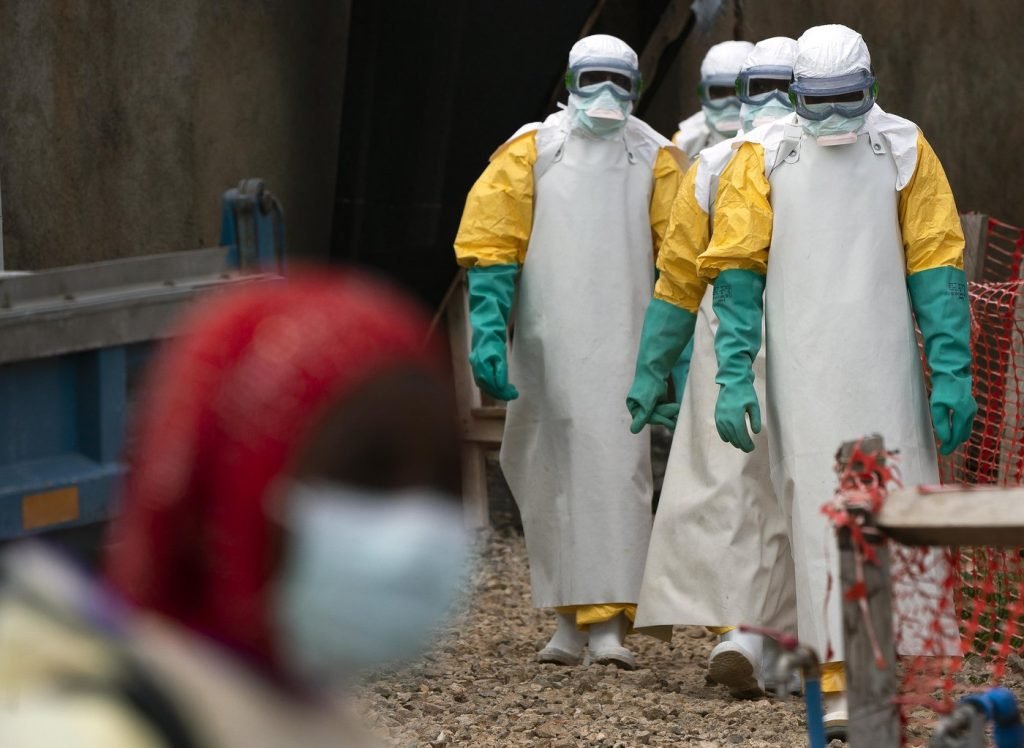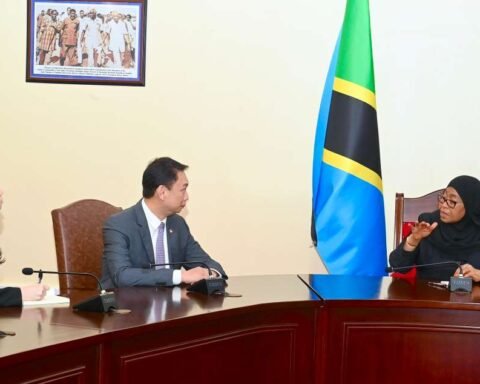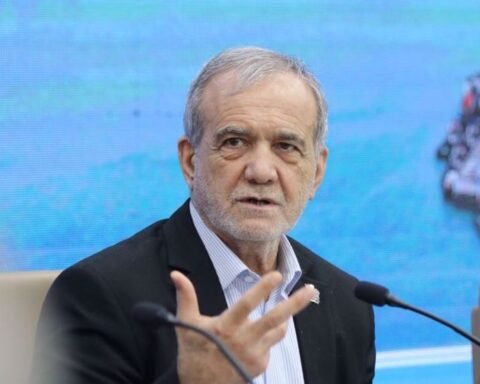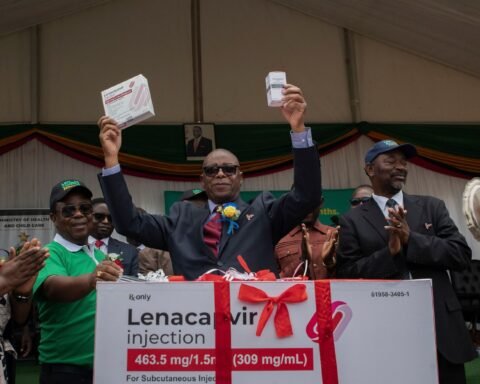Communities in Kasai Province, Democratic Republic of the Congo, are facing fresh fears as the country battles a new Ebola outbreak.
Health officials have reported 31 deaths and 48 confirmed infections, with fatalities nearly doubling in just one week. Families are grieving while struggling to protect themselves from a virus that has haunted the nation for decades.
This outbreak, declared in early September, is the 16th time Congo has confronted Ebola since it was first identified in 1976. In Bulape health zone, now the epicenter, life has been turned upside down. A newly established treatment center with 34 beds is already near capacity, with sixteen patients currently under care.
Health workers are racing against time to curb the spread. More than 900 contacts are being closely monitored, a dramatic rise in surveillance coverage compared to the start of the outbreak. Vaccination drives have also begun, with over 500 frontline workers and high-risk contacts already receiving doses. Another 45,000 vaccines are expected to arrive in the coming days, giving communities hope of slowing the outbreak.
Yet challenges remain. Reaching remote areas is difficult due to poor infrastructure, and keeping the vaccines cold during long journeys adds another obstacle. Despite these setbacks, international experts and over 14 tonnes of medical supplies have been deployed to support the fight.
Also Read; Netanyahu Warns Hamas Over Hostages’ Safety
One encouraging step forward has been the introduction of on-site testing in Kasai. Instead of waiting nearly a week for results from Kinshasa, cases can now be confirmed within hours. This rapid turnaround means quicker isolation and treatment, reducing the risk of further spread.
The crisis also serves as a global reminder of the dangers posed by zoonotic diseases—illnesses that spread from animals to humans. Scientists believe this outbreak may have started with such a spillover, making it clear that the world must remain vigilant against emerging health threats.
The World Health Organization, alongside humanitarian partners, is helping to strengthen community awareness campaigns, ensure safe burials, and provide critical treatment facilities. Still, the fight is far from over, and the next few weeks will determine whether this outbreak can be contained or escalates into a wider crisis.
For now, the people of Kasai face a mixture of anxiety and resilience. While the risk is high, so too is the determination of health workers and communities working together to stop Ebola’s spread.







